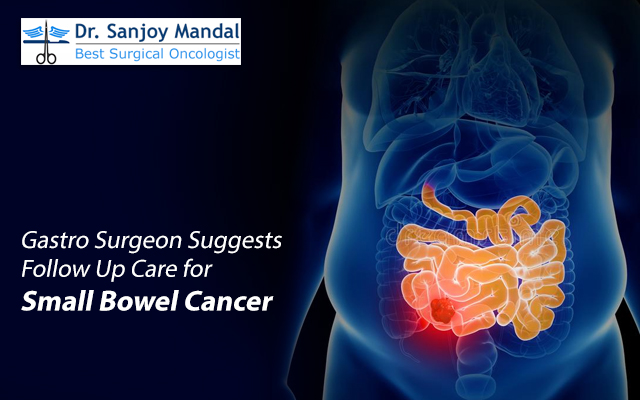After active treatment ends, care for those who have been diagnosed with cancer continues. Your medical team will check for any side effects, handle any cancer recurrence, and evaluate your general health as recommended by one of the best gastro surgeons in Kolkata.The term for this is follow-up care. Regular physical and medical tests or both may be a part of your follow-up treatment as the doctors will monitor it frequently.
Watching for recurrence
Checking for a recurrence, which indicates that cancer has returned, is one purpose of follow-up care. Small areas of cancer cells in the body may go undiagnosed, leading to cancer recurrence. These cells may multiply over time to the point where they appear on test results or produce symptoms.
A gastrointestinal surgeon who knows about your medical history can provide tailored information regarding your risk of recurrence during follow-up treatment. Your doctor will enquire about your health in detail. As part of routine follow-up care, some patients could have imaging or blood tests, but the best course of action depends on a number of variables, including the kind and stage of cancer that was first identified as well as the type of treatment used.
Managing long-term and late side effects
The majority of individuals expect adverse effects from medical treatment. However, it frequently comes as a surprise to survivors that some adverse effects may persist after the course of treatment. We refer to these as long-term adverse effects. Late effects are additional negative effects that might appear months or even years later. Physical and mental changes might result in long-term and late repercussions.
Discuss with a gastro surgeon the chance that you may experience the side effects given the type of cancer you have, your specific treatment plan, and your general health. You could have specific physical exams, scans, or blood tests to assist in discovering and managing late effects if your therapy was known to have them.
Keeping personal health records
Together, you and your doctor should create a specific follow-up care strategy. Any worries you may have regarding your possible physical or mental health should be brought up. Share your cancer treatment plan with a physician who was not directly involved in your cancer care, but he/she is supervising your follow-up care. The medical personnel who will look after you for the rest of your life will find information regarding your cancer treatment to be extremely helpful through your personal health records as suggested by Dr. Sanjoy Mandal, one of the best cancer doctors in Kolkata.
